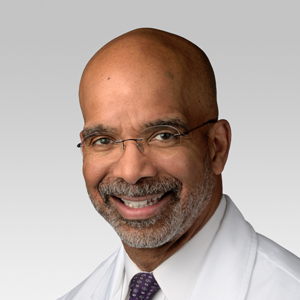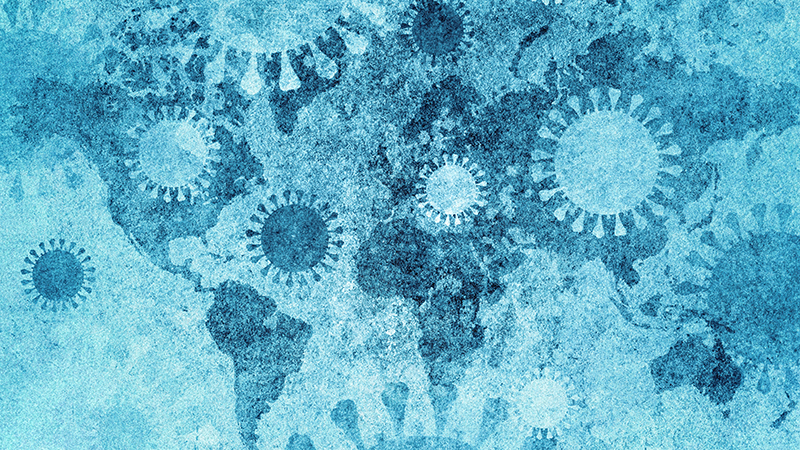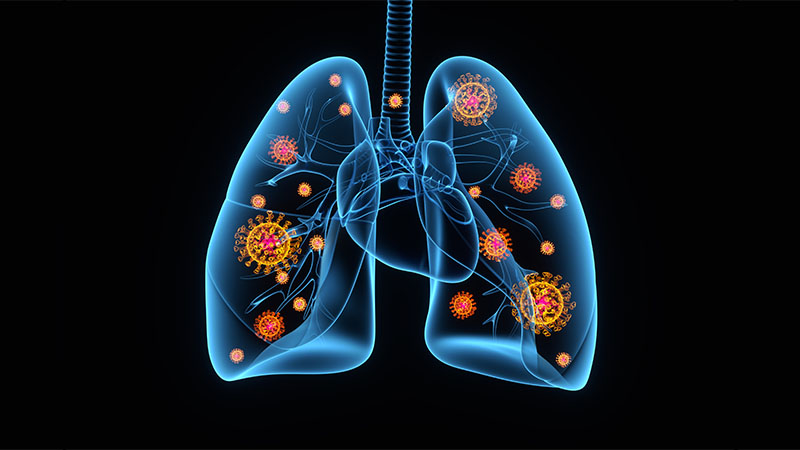Racial Disparities and COVID-19
Published June 2020
Impacts on the Black Community
Certain populations, particularly black communities, are dying from COVID-19 (coronavirus) at higher rates than other populations.
A myriad of underlying complexities are likely the blame. But, the facts underscore how racial disparities, including pre-existing conditions and lower socioeconomic status, can cause people of color to be at higher risk for contracting and dying from COVID-19. This disproportionate risk and burden due to COVID19 strikingly highlight an untenable disparity.
Examples of Health Disparities
Early reports revealed that in Chicago, more than 50% of COVID-19 cases and nearly 70% of COVID-19 deaths involved black individuals, although they make up only 30% of the population. And, these deaths are concentrated mostly in just five neighborhoods on the city’s South Side. Ongoing statistics continue to affirm these numbers, and other states are seeing a similar trend.
In an article in the Journal of the American Medical Association, Clyde W. Yancy, MD, MSc, vice dean for diversity and inclusion and chief of Cardiology at Northwestern University Feinberg School of Medicine, and heart failure specialist with Northwestern Medicine Bluhm Cardiovascular Institute, shone a light on racial disparities in COVID-19.
The Role of Underlying Conditions
The Centers for Disease Control and Prevention (CDC) states that based on currently available information and clinical expertise, older adults and people of any age who have serious underlying medical conditions might be at higher risk for severe illness from COVID-19.
These high-risk conditions can include:
- Heart disease
- Chronic lung disease
- Severe obesity
- Diabetes
- Hypertension
Black Americans are about 30% more likely than white Americans to have some of these underlying health conditions, a recent report found. “We know the population we’re describing has a high penetration of high blood pressure, obesity, diabetes, pre-existing cardiovascular disease, even heart failure,” says Dr. Yancy.
But this is only one portion of a much larger story.
Redefining Privilege, and Looking Ahead
COVID-19 is also exposing disparities in access to health care, including testing. An analysis found individuals in predominantly black neighborhoods are less likely to get tested.
Dr. Yancy adds that economic factors play a role in infection risk. “The most effective strategy known to reduce COVID-19 infection is physical distancing, but herein lies a vexing challenge,” he says. “Being able to work from home, telecommute or accept a furlough from work but still indulge in the plethora of virtual social events is an issue of privilege. In certain communities, these privileges are simply not accessible.”
Dr. Yancy stresses the importance of continued commitment to serve the black community. “A six-fold increase in the rate of death for African Americans due to a now ubiquitous virus should be deemed unconscionable. This is a moment of ethical reckoning,” he says. “The scourge of COVID-19 will end, but healthcare disparities will persist.”
Dr. Yancy hopes the pandemic is a turning point. He asks, “Will the nation finally hear this familiar refrain, think differently, and as has been done in response to other major diseases, declare that a civil society will no longer accept disproportionate suffering?”
The scourge of COVID-19 will end, but healthcare disparities will persist.— Clyde W. Yancy, MD, MSc
Learn more about how Northwestern Medicine is addressing the impact of COVID-19, including recent research.







